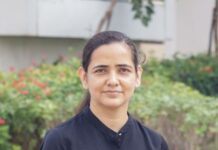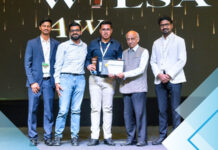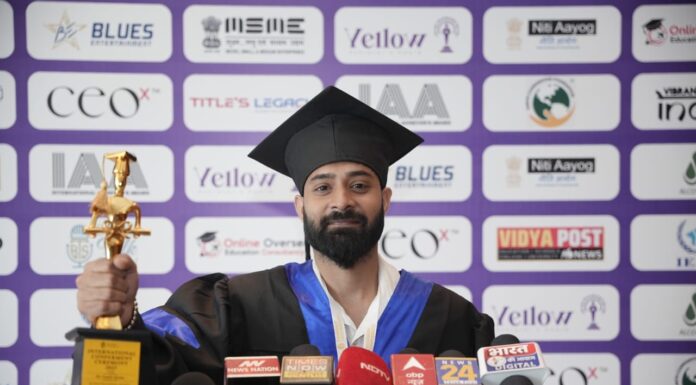New Delhi: Indian Institutes of Technology(IIT), Delhi and the Hebrew University of Jerusalem, Israel (HUJI) have partnered to support collaborative and interdisciplinary education and research initiatives.
Speaking of the partnership with IIT Delhi, the Hebrew University of Jerusalem’s Vice President for International Affairs, Prof. Oron Shagrir said, “The Hebrew University is delighted to partner with Indian Institute of Technology, Delhi. This agreement will bring about opportunities for joint research and exchange of students and ideas with one of India’s leading research institutions. It is part of the University’s strategy to expand our collaborations with India.”

Prof V. Ramgopal Rao, Director, IIT Delhi, said, “At IIT Delhi, we lay great emphasis on international collaborations. We are happy to sign this MoU with the Hebrew University and both the institutions have agreed to seed-fund researchers in their respective institutions to collaborate. I am sure these interactions will lead to long- term partnerships between the two institutions benefiting the two countries.”
Prof Sunil Kumar Khare, Dean (R&D), IIT Delhi said, “The collaboration with HUJI is aimed at impactful research outcomes in the field of Computer Science, Biomedical Science, Life science, Environment, and Chemistry.”
Prof. Naveen Garg, Dean, Alumni Affairs &International Programmes, IIT Delhi, while expressing strong support for the new partnership said, “The signing of this MoU for collaborative research and student exchange between IIT Delhi and HUJI and the launch of the seed-fund for supporting collaborative research, marks an important milestone in our efforts to partner with the top universities from around the world. We hope this seed will grow into a magnificent tree and bear fruits for both universities.” (India Science Wire)





















